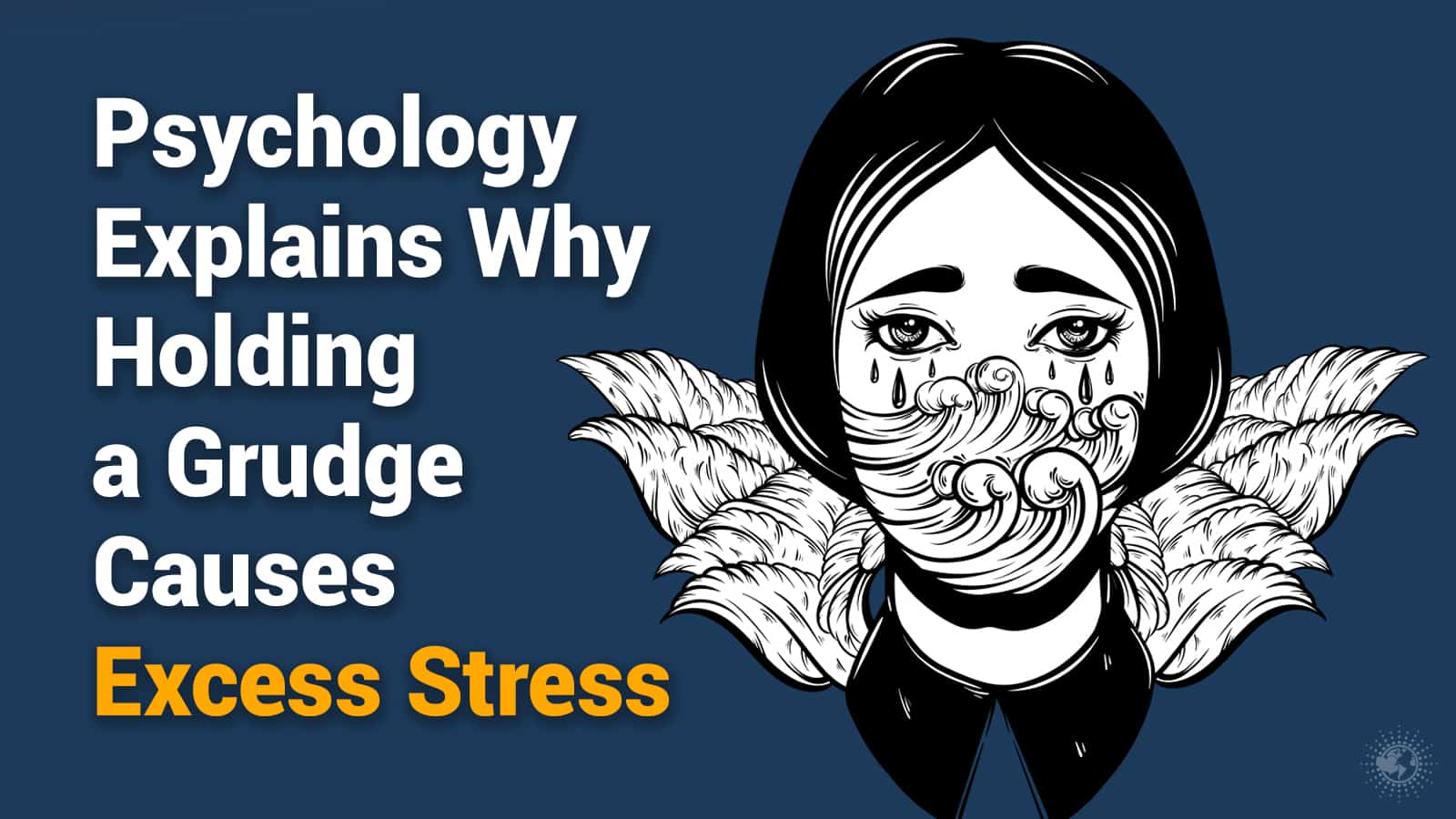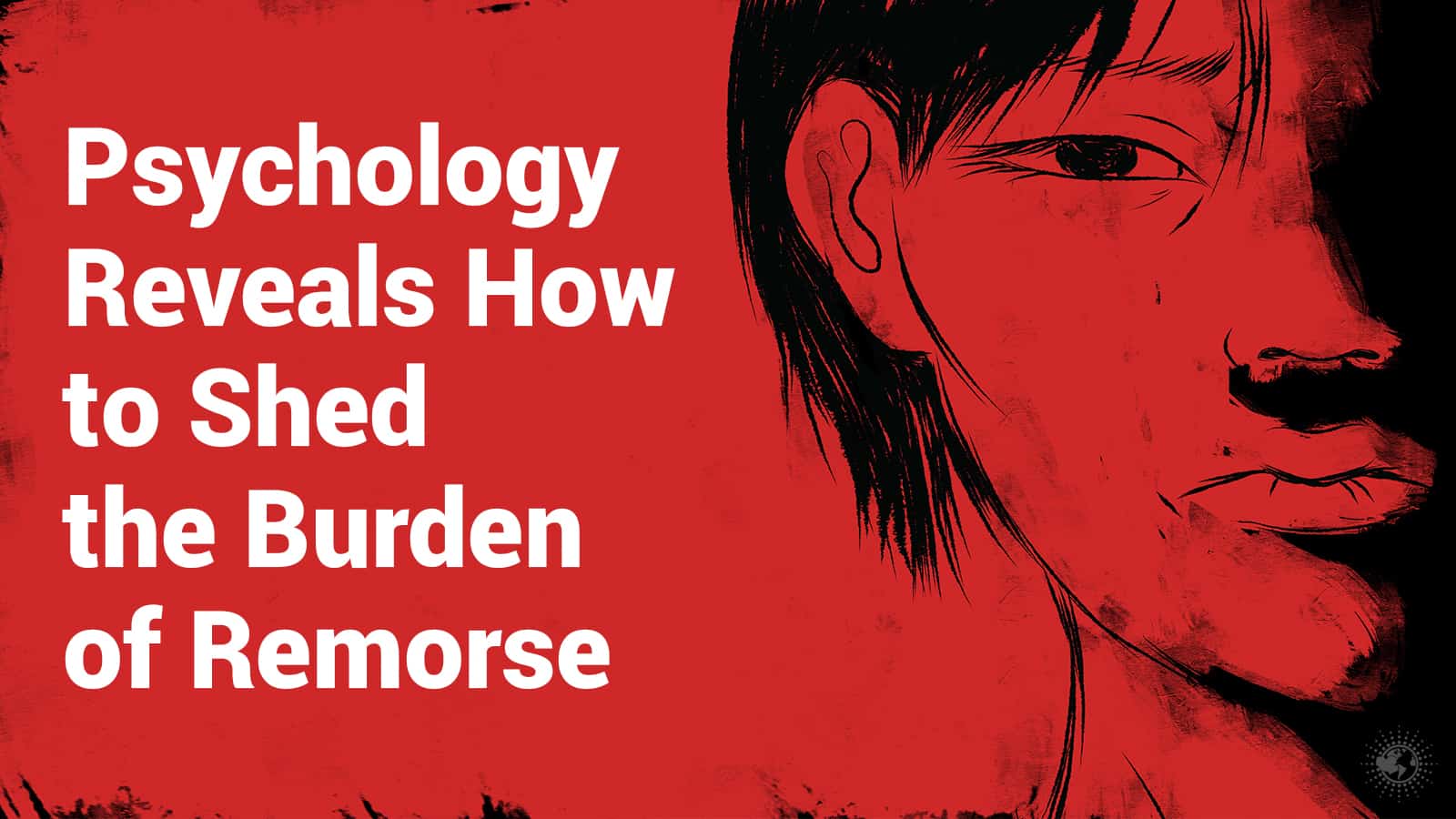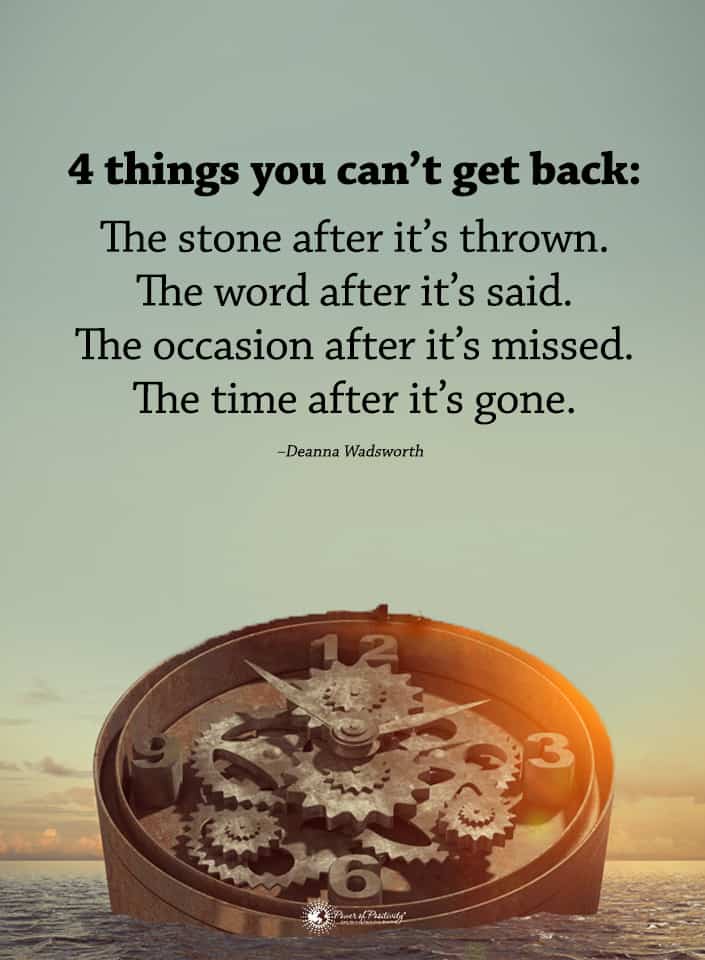Remorse can eat away at you after a while if you don’t confront the issues causing it.
When you live with regret, it steals your joy and keeps you from living in the present moment. We all have unpleasant past experiences and memories to contend with, but that doesn’t mean we should allow them to ruin the future. Life sometimes leads us into the valleys to teach us valuable lessons, so we can carry them to the mountaintops and build our character.
No matter how many negative experiences you’ve had, you can probably list many ways that you’ve grown from them. Of course, everyone needs time to heal from trauma or unfortunate circumstances. However, we can either grow bitter or take those lessons and become better than the people who hurt us. You might have regrets about being the cause of someone else’s pain as well, but remember that your past actions don’t define you as a person.
The beautiful thing about life is that we can always choose to experience a better reality based on our thoughts and actions in the present moment. If you want to let go of the past and leave the regret behind you, psychologists reveal a few ways to do precisely that.
Psychology reveals how to shed the burden of remorse:
First off, let’s talk about the dangers of rumination and remorse; specifically, the mental and physical health risks that can come from repeated negative thinking patterns. Emiliana Simon-Thomas, Ph.D., the science director of the Greater Good Science Center at UC Berkeley, says that negative emotions such as hostility or anxiety can become detrimental when a person considers those temporary emotions as a permanent part of their personality. Having a negative outlook or disposition can worsen your health, believe it or not.
Indeed, a 2014 study published by the journal Neurology found that highly cynical people had a higher risk of developing dementia than more open, trusting people. Even when accounting for other risk factors like age, sex, lifestyle habits such as smoking, and heart health, researchers still found this to be true. Living with regret and pessimism may also harm your heart.
A 2009 study published b the journal Circulation analyzed data from nearly 100,000 women. It found that heart disease occurred more often in cynical, negative people than in more optimistic individuals. The more pessimistic women additionally had a higher risk of death during the study period than those who looked at the world with rose-colored glasses. However, just because you live with a heavy burden of remorse or negativity now doesn’t mean you can’t change it. We always hold power to adjust our attitude or way of looking at things.
As you can see, carrying around a lot of baggage can have a dangerous influence on your health. If you want to lead a more carefree, healthy life, psychologists have a few tips for you.
How to let go of remorse
A big part of moving on from the past and letting go of regret involves forgiveness. Below, we want to outline some of the critical steps outlined by Dr. Robert Enright, Ph.D., a leading researcher in the scientific study of forgiveness. Once you have forgiven yourself or others for wrongdoing, you can start the healing process and finally put down all the weight you’ve been carrying around.
Uncovering Phase
During this phase, you will become aware of the regret or pain you’ve been holding onto from past trauma or emotional wounds. You may feel anger or hatred toward yourself or others because of the pain inflicted on you during these traumatic events. This process will involve a lot of inner work, and you may experience many different intense emotions. However, once you acknowledge what you have remorse about, you can start to heal from it.
Decision Phase
Now you probably realize that focusing any more of your energy on the past won’t allow you to move on from the pain and trauma. So, it would be best if you forgave yourself and others to heal the wounds and let go of the regret. This does not mean you have to forgive anyone involved in wrongdoing just yet fully, but at least entertain the possibility of forgiveness or letting go of remorse. You will want to give up any thoughts or feelings of retaliation toward anyone who caused you suffering because this will hinder the healing process.
Work Phase
Now comes the actual inner work, which will help you transform your perspective and understanding of painful events. Many people have to go through this uncomfortable phase when dealing with childhood trauma to heal their scars. If you have had a lot of negative experiences in life, you might feel regret or remorse about the past because you think you missed out on good memories. Forgiveness can play a massive role in moving on from this trauma because you can put yourself in the shoes of those who inflicted pain on you.
Perhaps your parents tried their best but had their wounds they had to work through as well. When you go through the work phase, it allows you to open your eyes to the possibility that everyone deals with scars of their own, and that they may not have meant you any harm.
Opening your mind and heart to them and seeing things from their perspective marks a huge turning point in the process of letting go of remorse. This doesn’t mean you excuse their behavior, but rather, you can understand where it came from and why they hurt you.
This phase may also include reaching out to them in hopes of reconciling, although you don’t have to do this if you don’t feel comfortable. However, many people find that talking about past trauma with the injurers helps greatly in being able to leave the experiences behind them once and for all. You can also get a better idea of what was happening in their life at the time or how they were feeling, which may expand your compassion for them.
Outcome/Deepening Phase
In this phase, you probably feel a great sense of relief that you left all that baggage behind. Once you’ve processed the experiences and emotions involved, you feel lighter and better able to enjoy the present and future. Perhaps you can look back at the trauma you went through and turn the pain into lessons you learned. Sometimes, we face painful and hurtful events in life to become stronger and grow from the situations at hand. By letting go of remorse and forgiving yourself and others, you may also feel a broader love and care for humanity.
After healing from severe trauma, some people even find a new purpose in life. For example, women who left abusive relationships may feel a strong urge to work as a counselor or support worker for women who suffer from domestic violence. If you can look back on those unpleasant memories and see them as a blessing because they helped you gain a new perspective, you can start to heal from whatever you go through in life.
Other steps involved in shedding remorse:
- Employ positive thinking. While everyone needs to allow negative feelings to come to the surface when processing trauma, there comes a time when you have to make a decision. Either you allow those experiences to ruin your life and give you a negative outlook, or you can choose to take whatever you learned and spin it into something positive. A lot of the suffering we go through actually happens in our heads, not in reality. If you think about things in this way, it becomes much easier to shift your perspective and choose something different.
- Think about the possibilities. If you don’t like what’s happened to you, don’t worry. Your story doesn’t end here, and you have so much ahead of you in life. No matter what you’ve been through, you can create a beautiful ending based on the actions you choose today. Think about all the possibilities for your life as long as you follow your heart and try to remain positive.
- Remember that you’re human. You have regrets about something, and so does everyone else. Life can’t always happen the way we want it to, but don’t dwell on your mistakes. Learn from them, instead, and do better the next time around.
 Final thoughts on shedding remorse so you can live a joyful life
Final thoughts on shedding remorse so you can live a joyful life
Everyone deals with regret about something, but it doesn’t have to control your life. No matter what you’ve been holding onto, choose to let it go today. You’ll feel so much lighter and in better control of your emotions and thoughts if you leave the past behind you. Why dwell on negative experiences and ruin the beauty of this moment?
You can create any future you desire as long as you shed the burdens of the past and tap into the unlimited potential of the present.



















